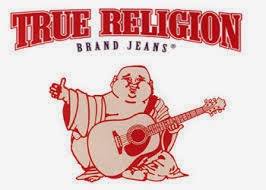The Big Me

Google Image I recently observed my 74 th birthday. On one level, I feel it. My wife and I joke about our “pain of the week.” Being retired, I have limited contact with people in the “real world.” My memory is not as sharp as it was (although people who know me may say it was never that sharp), and I know that like everybody, I’m a product of my age and see things as someone of my age would see them. Still, I’m grateful to have good health, a great family and a greater level of peace and joy than I had at an earlier age. I try not to let my age define me, and I am not one to think that mine is the greatest generation. I admire young people of today and don’t yearn for “the good old days.” As New York Times columnist David Brooks in his new book, The Road to Character, writes about the mid-twentieth century in which I grew up: “It was a more racist, sexist, and anti-Semitic culture. Most of us would not have had the opportunities we enjoy if we had lived back then. It was ...



